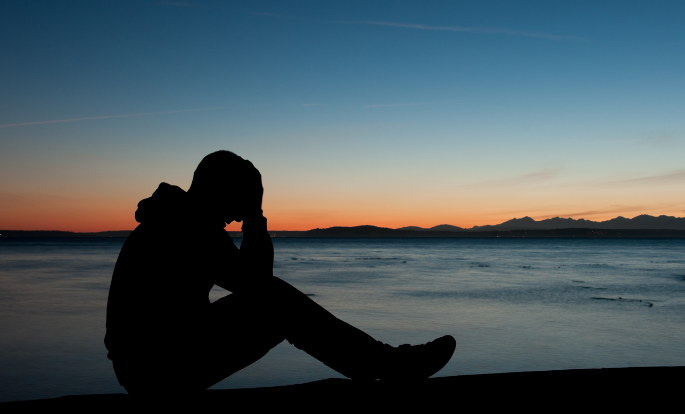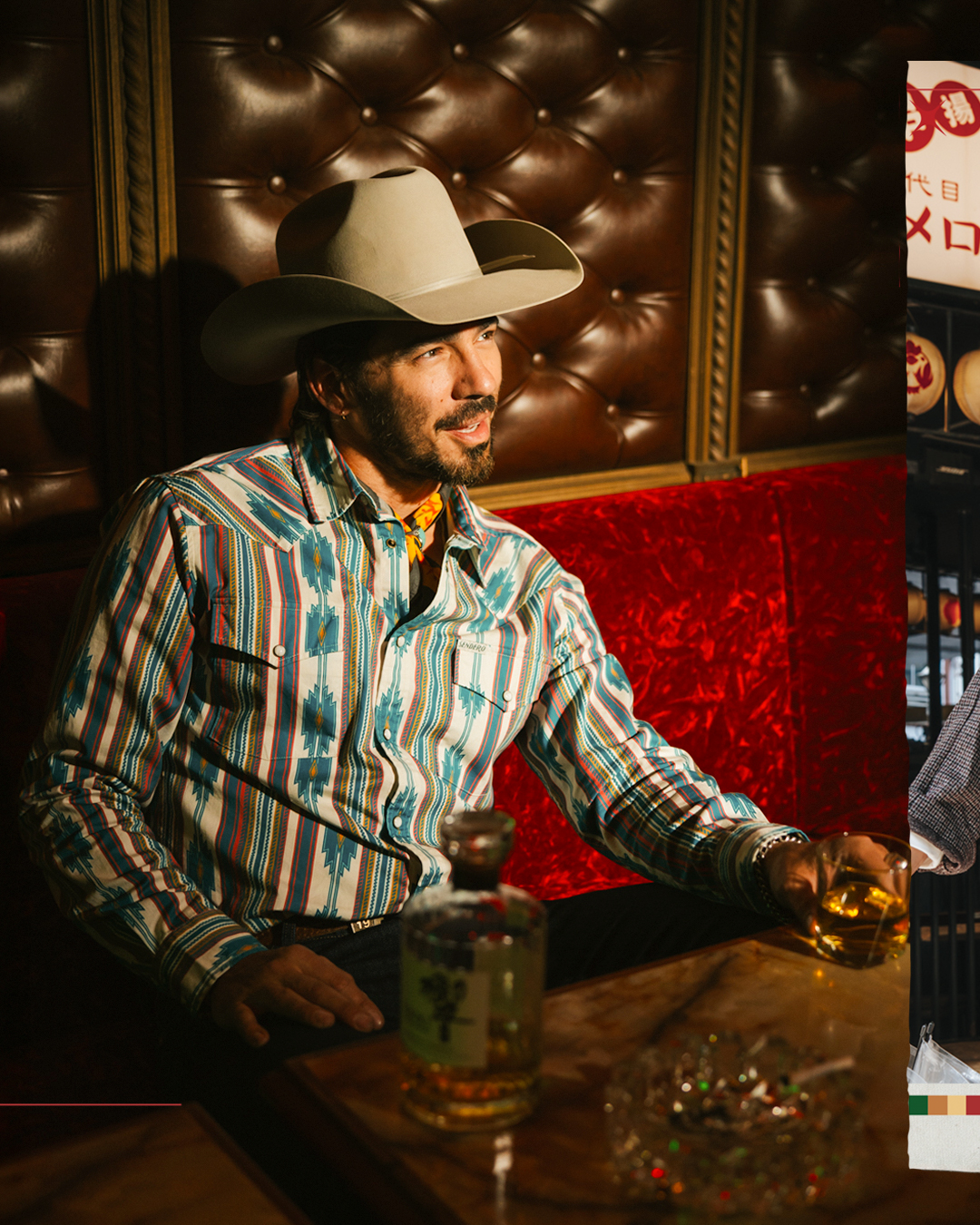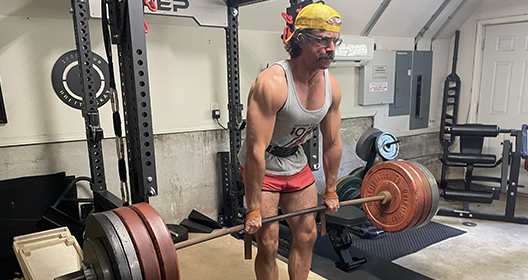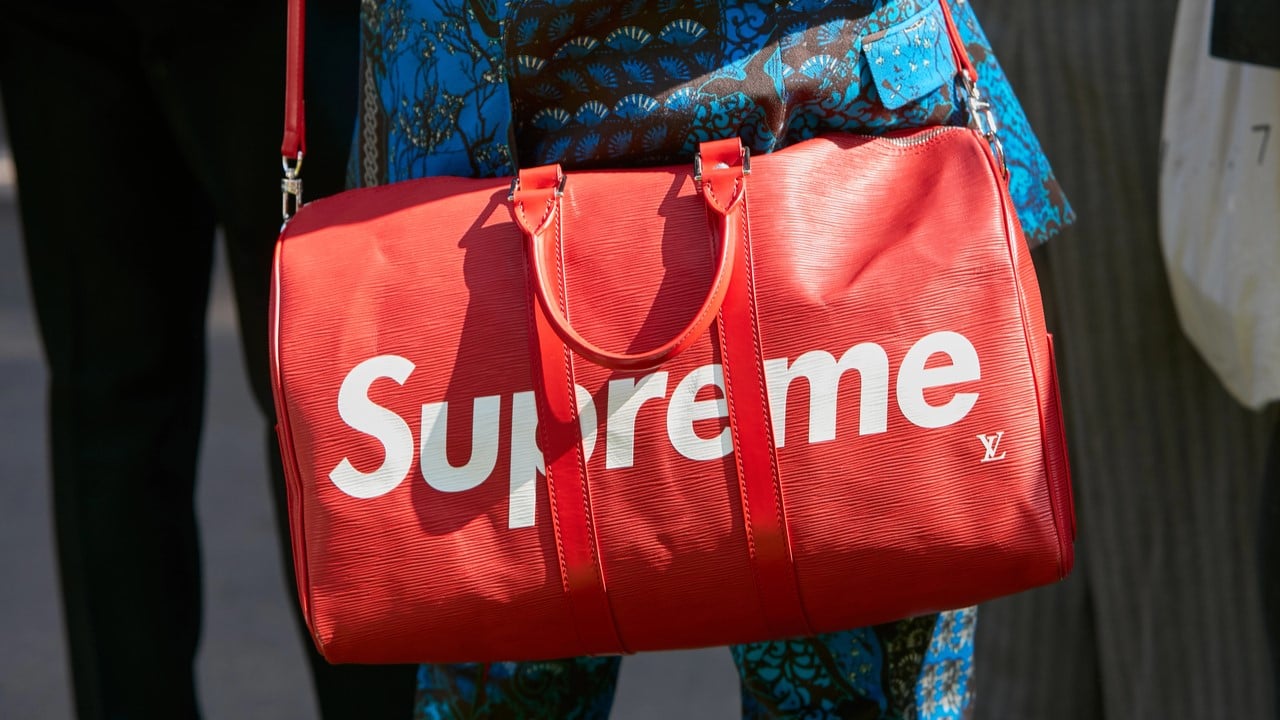10 of the best men’s shirts for Fall from Sendero Provisions Co
Oct 2, 2025What Does It Mean to Be Human in a World Out of Balance?
- Oct 2, 2025
- 0 Comments
17

We are living at a time of great chaos and confusion where fear and violence seem to be tearing our country apart. Wounded and rageful men are at the center of the storm. Anger turned outward can lead to murder, turned inward it can lead to suicide. In my last article, “From Artificial Intelligence (AI) to (RI) Real Intimacy: Getting the Love You’ve Always Wanted,” I shared ways this has impacted my own family and cited the work of other experts including Richard V. Reeves, Founder of the American Institute for Boys and Men.
These are challenging issues, and it is easy to get caught up in media-driven solutions that do not offer in-depth understanding that can lead to practical solutions. In an earlier article, “Warriors For the Human Spirit: Finding Your Path of Contribution in a World Out of Balance,” I offered some of my own findings from my book, The Warrior’s Journey Home: Healing Men, Healing the Planet. I quoted Buddhist scholar Chögyam Trungpa who said,
“Warriorship here does not refer to making war on others. Aggression is the source of our problems, not the solution. Here the word ‘warrior’ is taken from the Tibetan pawo which literally means ‘one who is brave.’ Warriorship in this context is the tradition of human bravery, or the tradition of fearlessness. Warriorship is not being afraid of who you are.”
The History of Humanity and Our Place in the Community of Life on Planet Earth
Who are we and what does it mean to be human these days? In her extensively researched and authoritative new book, The Arrogant Ape: The Myth of Human Exceptionalism and Why It Matters, primatologist and Harvard Professor Dr. Christine Webb, says that classifying humans as Homo sapiens sapiens — the wisest of the wise — may be more arrogance and wishful thinking that evolutionary fact.
Humans are a very new group of animals who have been recently added to the community of life.
“If we condense earth’s 4.6-billion year history into a 46-year timeline, humans have existed for only four hours, and the Industrial Revolution began just one minute ago.”
To begin to understand what it means to be human and the challenges we face today we must greatly broaden our perspective. In their book, The Universe Story, cosmologist Dr. Brian Swimme and cultural historian Dr. Thomas Berry detail the following: history:
- Our home planet Earth was formed 4.6 billion years ago.
- Lifefirst appeared in the oceans 4.0 billion years ago.
- Plants and animals began evolving 550 million years ago.
- Humans emerged 2.6 million years ago.
For most of human history humans saw themselves as equal partners in the community of life. When did things start to go wrong? In their book, Nurturing Our Humanity: How Domination and Partnership Shape Our Brains, Lives, and Future, Dr. Riane Eisler, President of the Center for Partnership Studies and anthropologist Dr. Douglas P. Fry say,
“Nomadic foragers — also called nomadic hunter-gatherers — constitute the oldest form of human social organization, predating by far the agricultural revolution of about 10,000 years ago.”
Eisler and Fry describe our earliest human ancestors as “The Original Partnership Societies” and say they shared the following characteristics:
- Overall egalitarian
- Equality, respect, and partnership between women and men.
- Nonacceptance of violence, war, abuse, cruelty, and exploitation.
- Ethics that support human caring, prosocial cooperation, and flourishing.
They contrast partnership systems with ones based on characteristics of domination:
- Rigid top-down rankings, hierarchies of domination are maintained through physical, psychological, and economic control in familial, religious, political, economic and other social institutions.
- Ranking of one form of humanity over the other. Theoretically, this could be the female half over the male half, but historically it has been the ranking of males over females, and with this, the idealization of traits that are in domination systems equated with masculinity, such as “manly” conquest and “heroic” violence.
- The cultural acceptance of abuse and violence, from child-and-wife beating to slavery and warfare.
- Beliefs that rankings of domination are inevitable, even moral.
The Myth of Human Exceptionalism Underlies Our Deepening Disconnection With the Community of Life on Planet Earth
In The Arrogant Ape, Christine Webb offers a great deal of evidence to demonstrate that most of our current problems are caused by the false belief that humans are above and apart from the rest of the community of life on planet Earth:
“Human exceptionalism — a.k.a. anthropocentrism or human supremacy — is at the root of the ecological crisis. This pervasive mindset give humans a sense of dominion over Nature, set apart from and entitled to commodify the earth and others species for our own exclusive benefit. And its back-firing on us today, spurring forest fires, sea level rise, mass extinctions, and pandemics like the coronavirus.”
Thomas Berry believes the very survival of humanity is at risk.
“So long as we are under the illusion that we know best what is good for the earth and for ourselves, then we will continue our present course, with its devastating consequences on the entire Earth community. We never knew enough. Nor were we sufficiently intimate with all our cousins in the great family of the earth. Nor could we listen to the various creatures of the earth, each telling its own story. The time has now come, however, when we will listen or we will die.”
Returning to Our Partnership Roots and Reconnecting With the Natural World
In my years working with people addicted to drugs, I learned that the addictive mindset comes to believe that the solution to their pain and suffering is their alcohol, cocaine, or some other drug or activity that promises relief, but offers more pain and suffering. Addicts become like confused homing pigeons flying faster and faster in the wrong direction. Recovery begins when we give up our mistaken belief that we can fix our problem on our own and admit with humility that we need to rely on a higher power.
Our old story tells us that to survive and thrive we must dominate nature. The new story, or more accurately, a return to an earlier story that we were living for more than 99% of human history was a story indigenous cultures all over the world are still enacting and if we can let go of our arrogance we can once again find the peace and prosperity that is our birth right.
Christine Webb says,
“This pivotal ecological moment can be seen either optimistically or pessimistically, but I favor neither. Instead, I tend toward hope. Optimism and pessimism are probabilistic; they proclaim to know the odds, and await a better or worse future. Hope, on the other hand, centers on potential and uncertainty — it’s about not knowing. In other words, hope is more aligned with humility.”
She concludes saying,
“Hope arises when we realize that human exceptionalism is not an inherent trait, not a bias we’re born with. Rather, it’s a role we’ve assumed thanks to a cultural story we’ve inherited.”
We each can do our part to enact a new story, but first we need to let go of the old one. The good news is that we are not alone and together we can change our lives and the world for good. I appreciate your feedback and ideas. I invite you to visit me at MenAlive.com or drop me an email to [email protected].
Publisher: Source link






